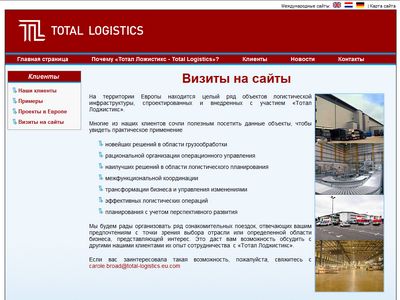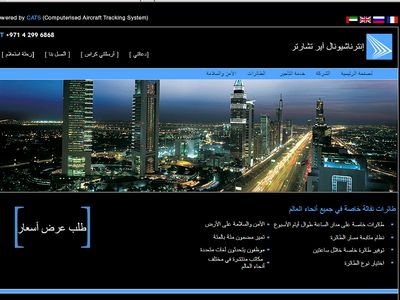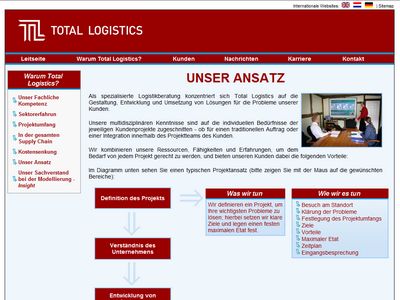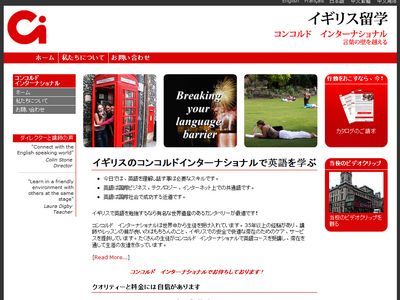Multilingual Websites









Issues to consider when designing websites in other languages
The issues fall into three main areas.
- Language translation and characterset issues
- Cultural translation
- Search engine
Language and character set issues for International websites
Firstly there is the obvious issue of needing to translate the text into the other language. This should be done by a native speaker to get the best transaltion, and the context is important too. For example, translating the English "home" into the French "maison" may work in a holiday brochure, but not for the homepage of a website which the French call "recepton".
Text Direction for International websites
Most languages in the world are written left to right. The most common exceptions are Arabic and Hebrew which are written right to left. And Chinese and Japanses which may be written top to bottom. Most Arabic websites will have text running right to left, For Japanese and Chinese this is more variable, and can even be mixed on one website. Japanese is either left to right or it is in blocks going top to bottom and right to left.
Cultural translation or localisation issues
Formatting of numbers, dates and currency
Different countries use different fformats for dates, numbers and currency. Of course many countries with the same language also have differences here. For example the US and UK format dates differently. Other items to consider include telephone numbers and weights and mesaures.
Cultural issues
The most popular local websites look very dfferent in distinct areas of the world. This is influenced by local media, and cultural values. When translating websites from one culture to another it may be necessary to change visual appearance to match.














